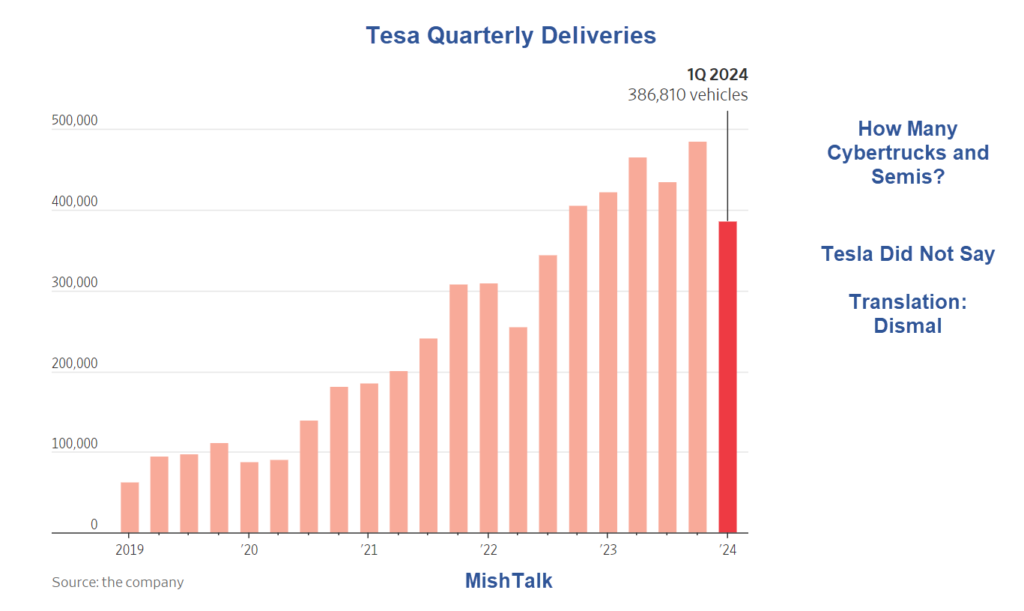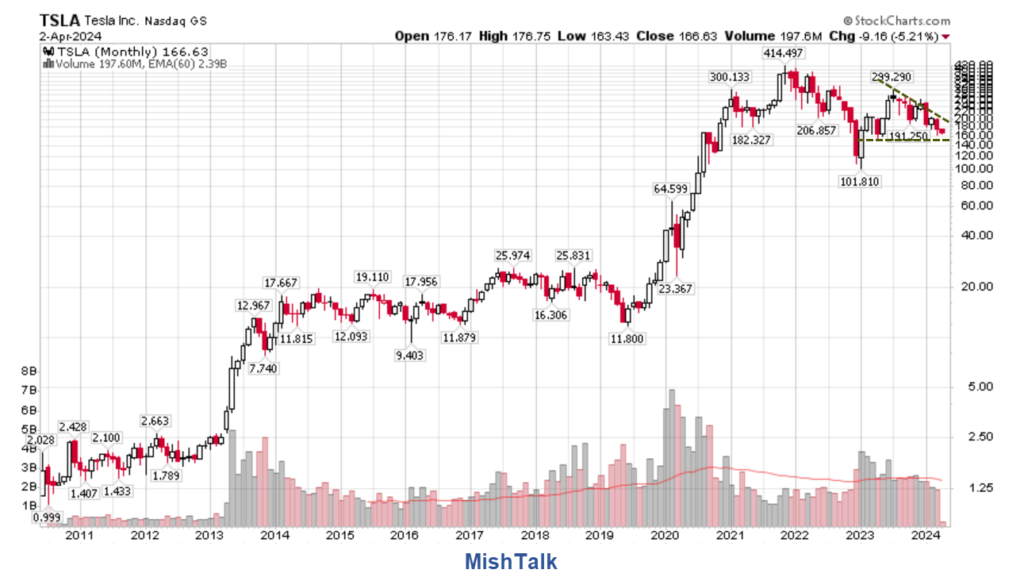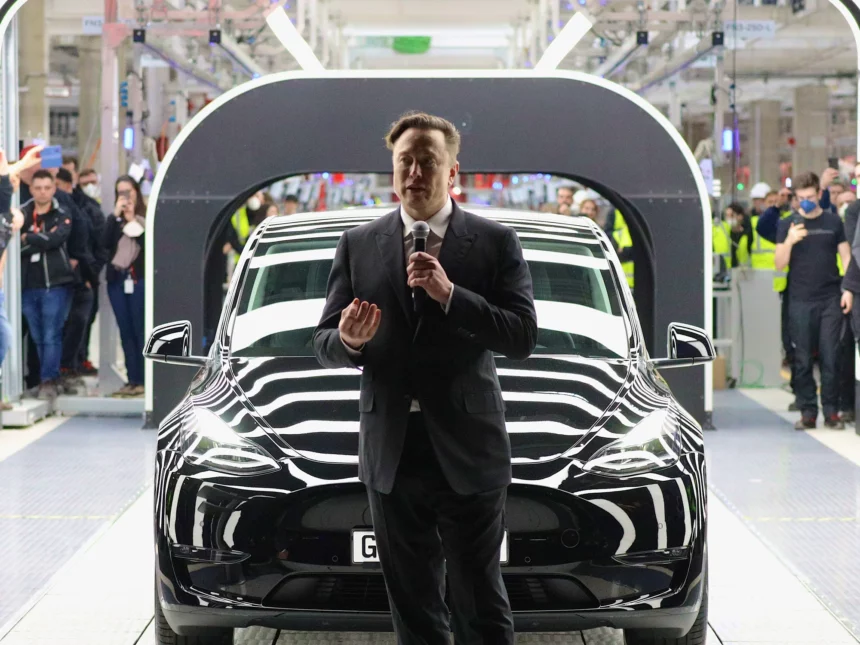Tesla, the renowned electric vehicle (EV) manufacturer, has attributed its recent decline in demand to the rising popularity of hybrid cars. This shift in consumer preferences has significantly impacted Tesla’s sales performance, as highlighted in its first-quarter earnings presentation.
The automotive industry is witnessing a notable trend towards hybrid vehicles, with major players like GM and Toyota redirecting their focus towards this technology. This strategic shift has created a competitive landscape where EV manufacturers like Tesla face challenges in sustaining market demand.
“The EV adoption rate globally is under pressure and a lot of other auto manufacturers are pulling back on EVs and pursuing plug in hybrids instead,” Tesla CEO Elon Musk said in opening remarks on the earnings call. “We believe this is not the right strategy, and electric vehicles will ultimately dominate the market.”
source techcrunch

Tesla, known for its pioneering efforts in the EV market, has expressed concerns over the industry’s prioritization of hybrids. While acknowledging the positive impact on its regulatory credits business, Tesla emphasizes the importance of continued support for EV adoption to align with its mission of sustainable transportation.
“While positive for our regulatory credits business, we prefer the industry to continue pushing EV adoption, which is in-line with our mission,” Tesla wrote.
source business insider
The repercussions of this market shift are evident in Tesla’s financial performance for the first quarter. Despite reporting $1.1 billion in net income on $21 billion in revenue, the company experienced a 9% decline compared to the previous year. Operating margins dropped to 5.5%, marking a significant decrease from 11.4% in the same quarter of the previous year.
ALSO READ: Tesla Slashes Workforce by 10%: Elon Musk Email Reveals Layoffs of 14,000
Tesla’s operational efficiency has come under scrutiny, with negative free cash flow amounting to $2.5 billion. The company’s decision to slash prices in major markets like the US, China, and Germany reflects its efforts to stimulate sales amidst cooling demand. However, the effectiveness of this strategy remains uncertain in the face of evolving consumer preferences.

Tesla’s strategic focus on introducing more affordable products has been met with challenges. The anticipated launch of the budget-friendly “Model 2” electric vehicle faces uncertainty, with reports suggesting a shift towards prioritizing the development of a robotaxi. This strategic realignment has raised concerns among investors regarding its implications on Tesla’s future growth prospects.
“We have updated our future vehicle line-up to accelerate the launch of new models ahead of our previously communicated start of production in the second half of 2025,” the company states. “These new vehicles, including more affordable models, will utilize aspects of the next generation platform as well as aspects of our current platforms, and will be able to be produced on the same manufacturing lines as our current vehicle line-up.”
source the verge
Despite current challenges, Tesla remains committed to innovation and technological advancement. The company’s emphasis on leveraging artificial intelligence (AI) to enhance autonomy and introduce new products underscores its dedication to staying at the forefront of the EV market.
ALSO READ: Customers Are Now Avoiding Buying Tesla Due to CEO Elon Musk Being to Toxic
Tesla’s first-quarter earnings report elicited mixed reactions from investors, with shares initially experiencing a 12% increase following the release. The market’s response reflects a cautious optimism regarding Tesla’s future outlook, amidst uncertainties surrounding its product roadmap and financial performance.
As Tesla navigates through a period of market uncertainty, its ability to adapt to changing trends and capitalize on emerging opportunities will be crucial. The company’s commitment to sustainability and technological innovation serves as a foundation for overcoming challenges and driving long-term growth.









